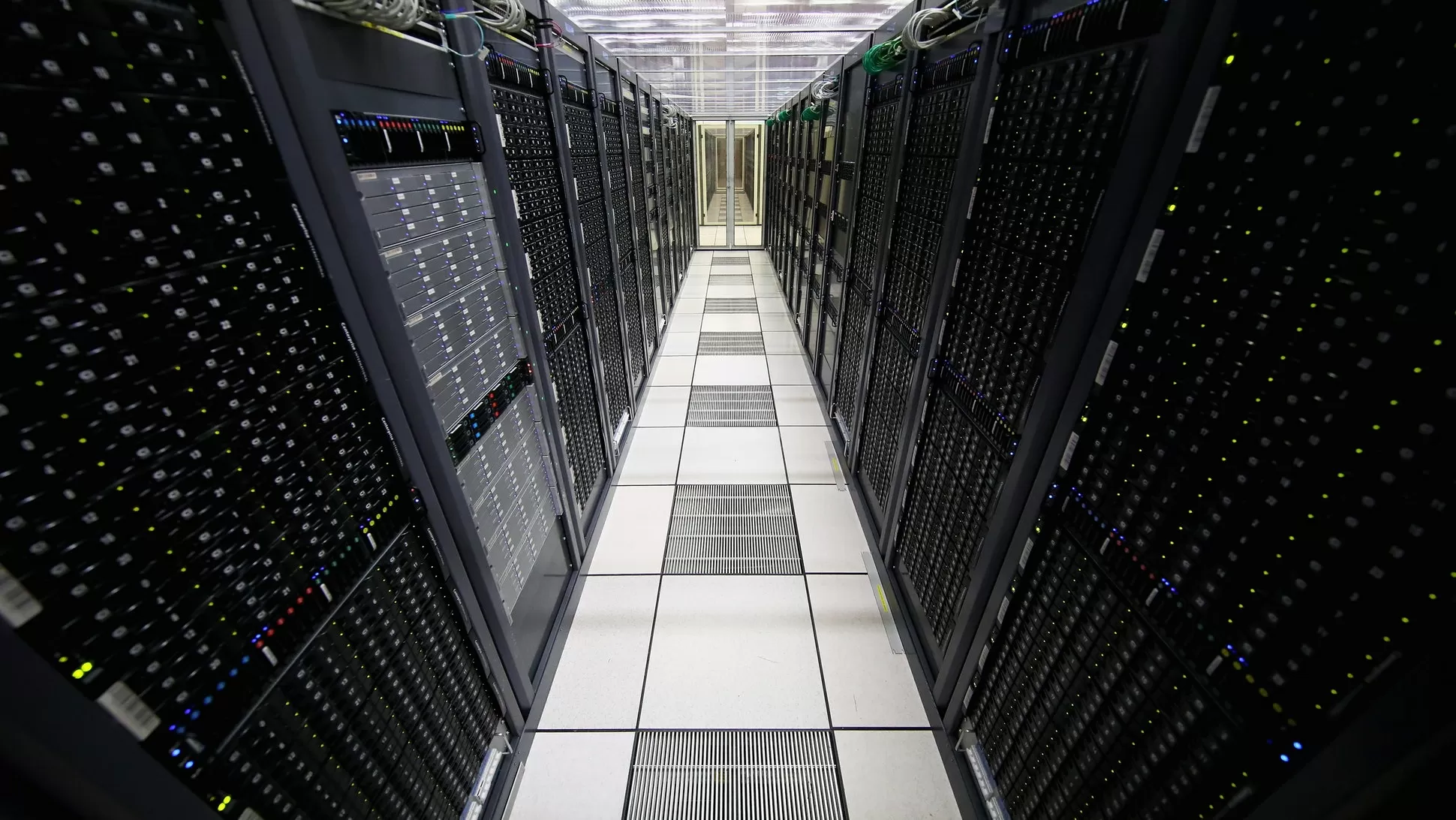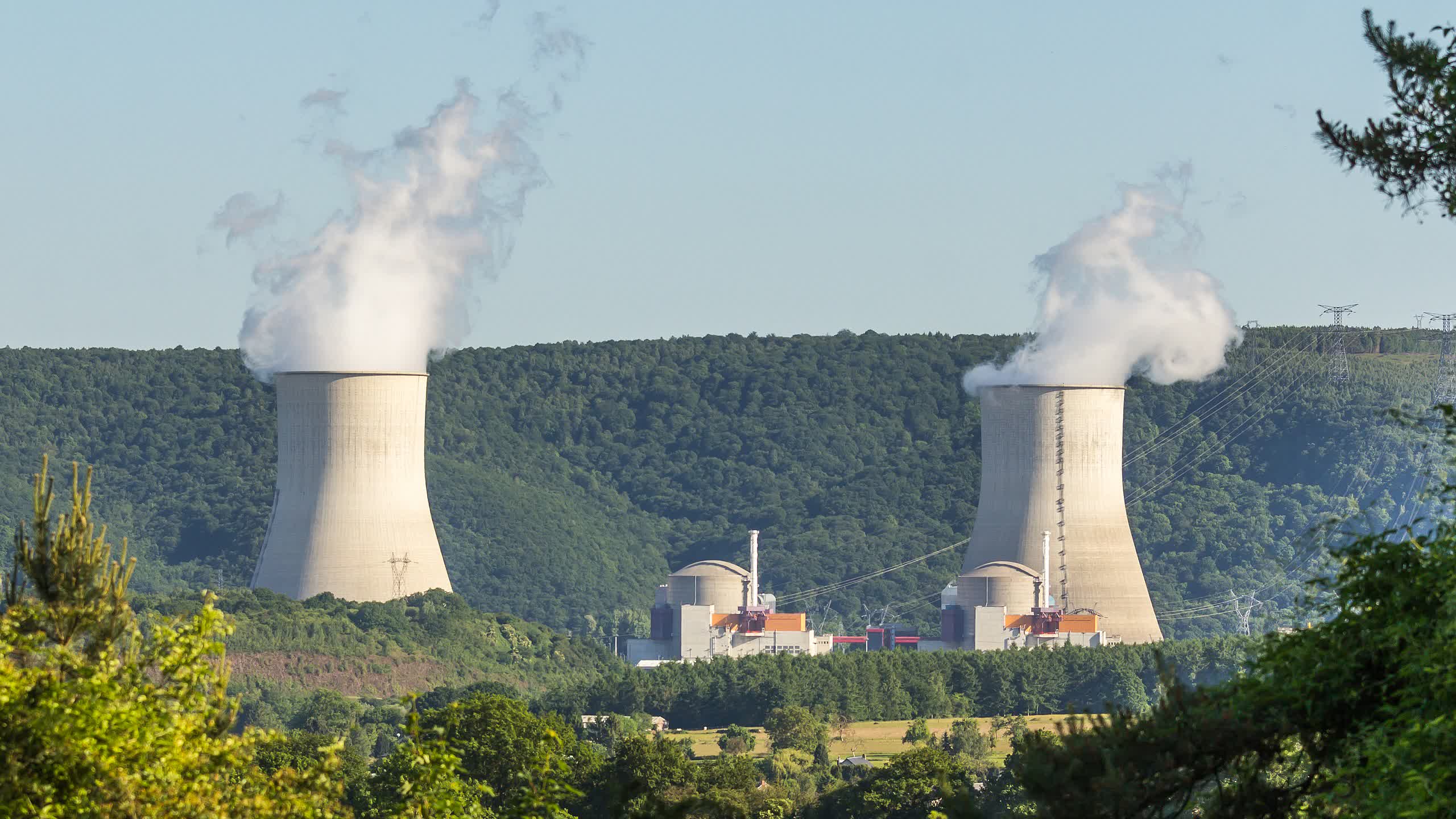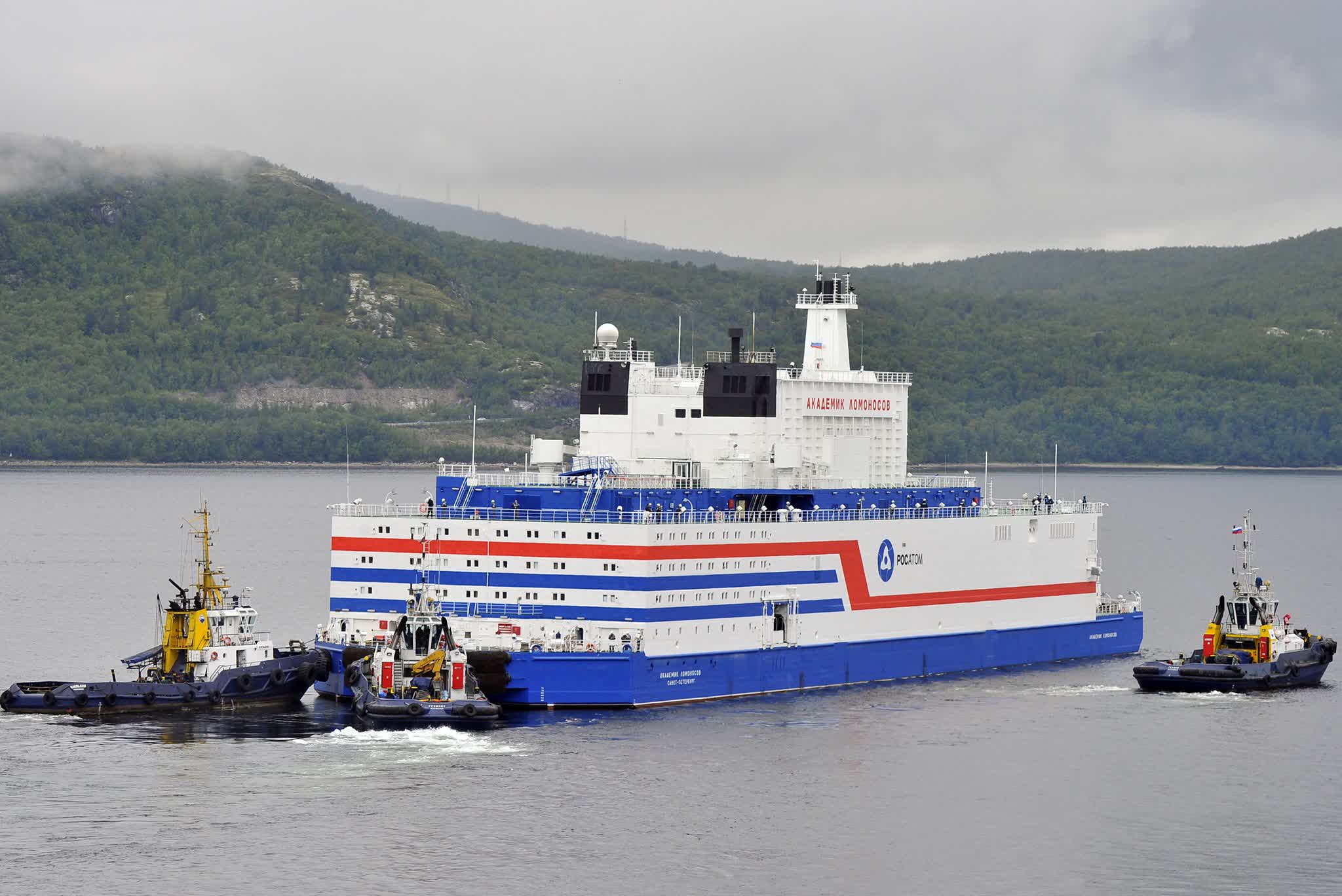Forward-looking: Data centers have become a massive industry, but many of them aren't very environmentally friendly due to their huge power demands, which are often met through the burning of fossil fuels. One proposed answer to this problem is for the facilities to use their own sustainable power sources in the form of miniature nuclear reactors.
The Register highlights a report by Omdia analysts Alan Howard and Vladimir Galabov that notes how data center operators have been early adopters of renewable energy—Google and Microsoft recently announced plans to buy more energy to make their data centers greener—but it is still unavailable in many markets. That's where nuclear energy via small modular reactors (SMRs) could come in.
Unlike standard nuclear facilities that produce gigawatts of power, SMRs typically generate 300–500 megawatts (MW) of electric power, though some produce less than 100MW.

Any mention of nuclear reactors tends to bring concerns about disasters such as Chornobyl, Three Mile Island, and Fukushima, but the analysts write that SMRs pose far less risk due to their scale, simple design, and the inherent safety characteristics of the reactor. They also rely on natural circulation, convection, gravity, and self-pressurization.
Additionally, technology similar to SMR is used in 83 nuclear-powered US Navy ships, including 72 submarines, 10 aircraft carriers, and one research vessel, many located adjacent to large population centers, and there has never been a nuclear power incident in the Navy's history.
But despite their benefits, nuclear waste remains a big problem with SMRs, with spent fuel material taking anything from three decades up to 24,000 years to reach safe radiation levels. However, unlike conventional nuclear power plants that require refueling every year or two, SMR vendors are aiming for every three to seven years—some designs are estimated to operate for 40 years without refueling. It's pointed out that nuclear subs only require refueling every 10 or more years, with new cores designed to last 30 to 40 years. The caveat is that SMRs produce 35 times more waste compared to larger reactor designs.
Russia's floating nuclear power plant Akademik Lomonosov
There are currently no SMRs yet in the US, but Russia has two capable of 35MW each sitting on a floating power plant (above) off the arctic coast. New SMRs are now under construction or in the licensing process in Argentina, Canada, China, France, South Korea, and the US.
SMRs will more likely be suited to large data center campuses with capacities of over 100MW rather than individual data centers, though smaller locations could share excess capacity with other industrial plants.
Don't expect this technology to become commonplace anytime soon. It's likely to be another seven years before we see an SMR in the US, and it could be anything from 10 to 15 years before they're powering a data center campus.
https://www.techspot.com/news/97122-small-nuclear-reactors-could-solve-data-centers-sustainable.html

